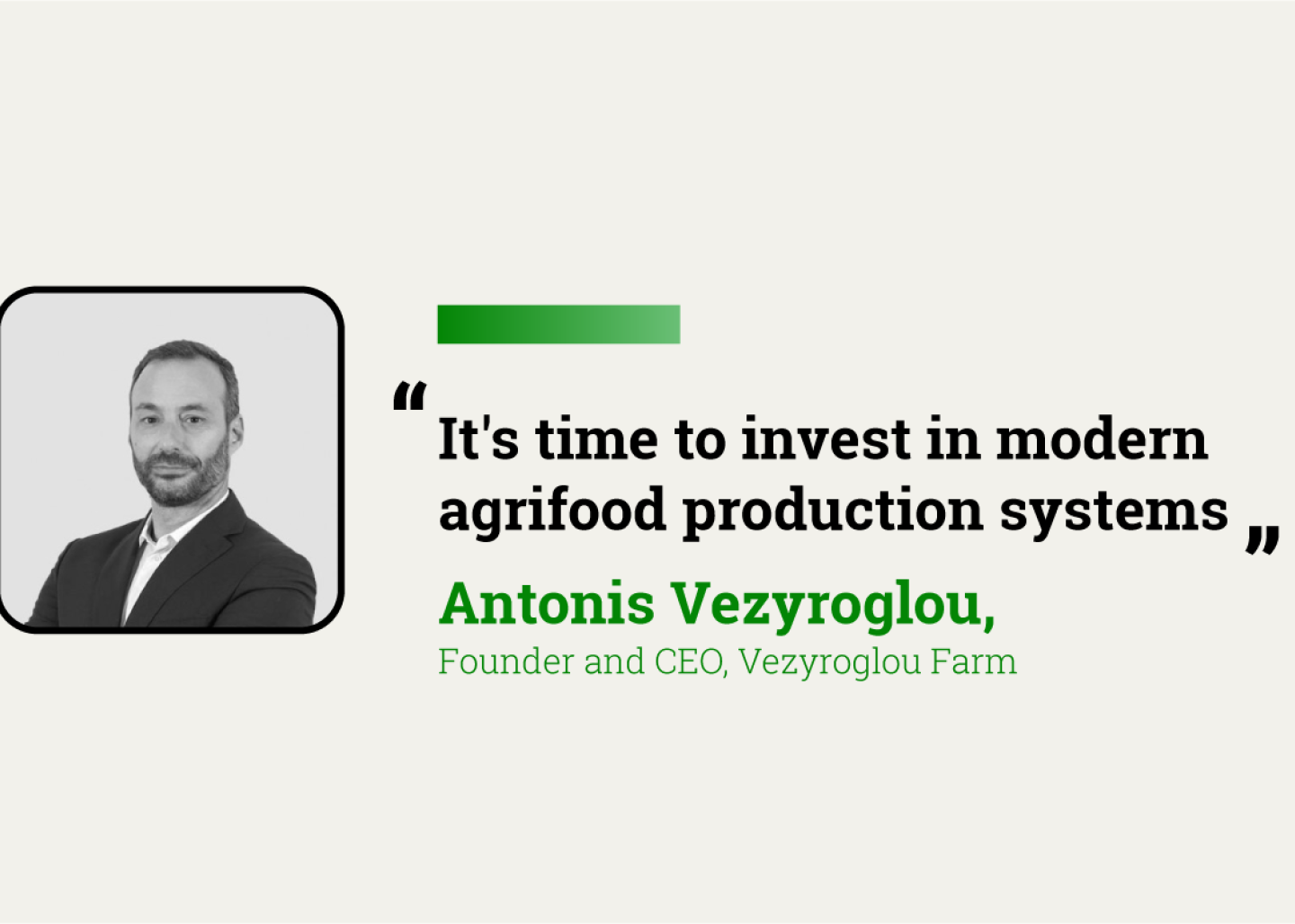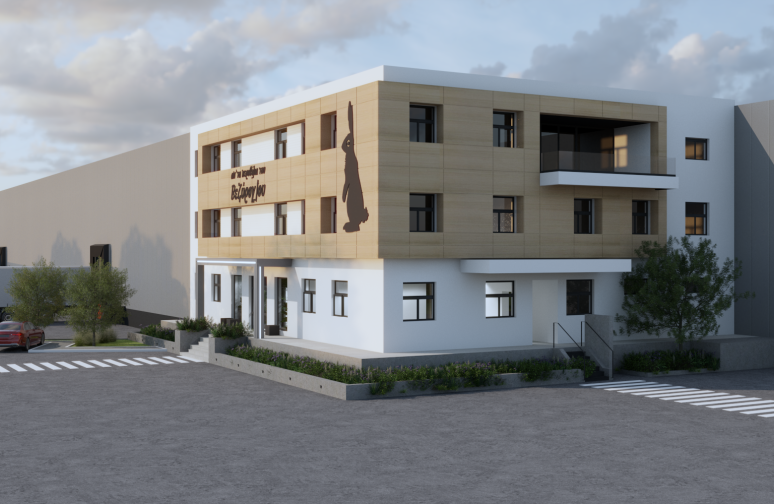A great deal of issues have recently been threatening what is probably the most vital resource in the world: food. We are experiencing major shifts and trends affecting food supply—such as population growth, shifting consumer needs, and climate change—and we are also experiencing frequent short-term shocks that are causing shortages and hiking up food prices on top of that. Our challenge is to build agrifood systems that are more resilient to external shocks and also able to tackle longterm trends at the same time and in a sustainable manner.
Innovative alternative food production systems will revolutionize the way we produce and define food
Firstly, we need to modernize and improve the current production systems. The EU has shown the way by setting certain targets via the Green Deal. Measures to reduce inputs to agriculture, enhance the circular economy, reduce carbon emissions and reduce food waste are undoubtedly steps in the right direction. At the same time, we need to speed up research in innovative alternative food production systems that will revolutionize the way we produce and define food. Alternative protein production, algae and microbe utilization, novel farming systems and agro-biotechnology are some of the most promising technologies that will allow us to produce food more sustainably.
The agrifood system today is more interconnected than ever. Over the past decades, globalization has linked supply chains around the globe, while at the same time, consumer trends such as eating healthier and safer food have forced the primary and secondary sectors to come close. We have invested a lot in industry 4.0 technologies, but probably not enough in our food supply and security. Now is the time for investors, entrepreneurs, multinational companies and nations around the globe to work together to ensure sustainable and more robust food production.





